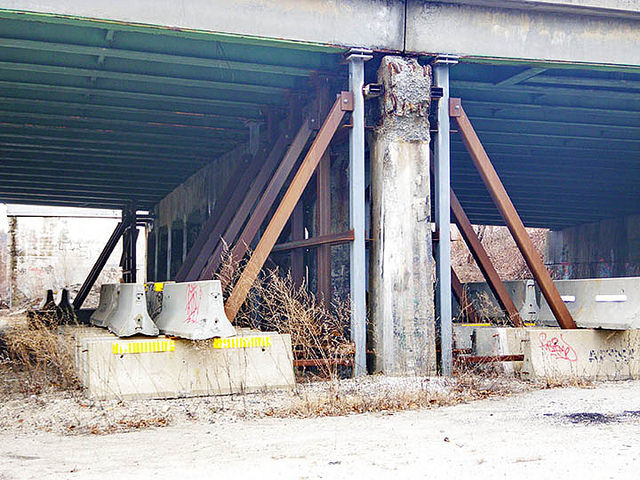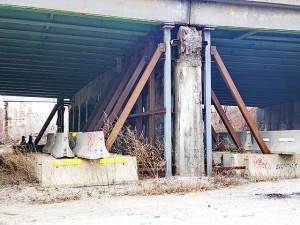
A bill under consideration at the Statehouse, sponsored by Representative Edith Ajello and Senator Louis DiPalma, would repeal the sales tax on tampons, menstrual products, and single-use medical supplies. If Rhode Island passes it (and we should) we would join growing ranks of states that have repealed the so-called “tampon tax”—and we would distinguish ourselves by including other medically necessary items in that repeal.
Tax policy is complicated, and many injustices (intentional or not) are hidden within it. Sales tax in general is considered a “regressive” tax, meaning that it represents a higher portion of poor people’s income than it does of wealthy people’s income. Specifically, taxes on menstrual products and single-use medical supplies penalize people for conditions that they can’t help.
Most states in the US, including Rhode Island, tax “tangible personal property” but make exemptions for select “necessities”. These necessities include groceries, food stamp purchases, medical purchases (prescriptions, prosthetics, some over-the-counter drugs), clothing, and agriculture supplies.
In Rhode Island, as elsewhere, menstrual products (including tampons, sanitary pads, menstrual cups, and panty liners), as well as single-use medical supplies (such as diabetes strips) fall under the category of “hygiene products,” and are considered “luxury items.”
They are therefore taxable.
As almost any woman could tell you, periods are not luxurious. Menstrual products are a basic necessity for reproductive-aged women; the tax is particularly unjust since it targets people already at the wrong end of the wage gap. On average, a woman will, in her lifetime, use more than 11,000 tampons or pads, and is expected to spend approximately $5,600 on these items. Of that, nearly $500 is sales tax.
The same is true for people with illnesses that require regular single-use medical supplies. People suffering from diabetes cannot “opt out” of their daily insulin checks, and those needing regular injections would hardly classify them as “luxuries”.
Of the fifty US states, forty currently tax menstrual products. In the past several years, five states (Maryland, Massachusetts, New Jersey, Minnesota, and Pennsylvania) have repealed the “tampon tax”. In Delaware, Alaska, Montana, Oregon, and New Hampshire there is no sales tax at all.
Other states have been engaging this question, and there is movement across the country to reconsider, reshape, and/or repeal the tax on sanitary products. Five states (California, Utah, Virginia, Ohio, and New York) either have active coalitions working on this issue, or have introduced bills. Several weeks ago, Chicago repealed the “tampon tax”.
Even President Obama agrees that taxing medically necessary supplies is unjust.
“I have no idea why states would tax [menstrual products] as luxury items,” President Obama said in a YouTube interview to blogger Ingrid Nilsen: “I suspect it’s because men were making the laws when those taxes were passed.”
We support this bill in Rhode Island that would re-classify menstrual products and single-use medical supplies as “necessities,” thus eliminating the sales tax on such items, and we are proud of the fine efforts of our state legislators.
Meghan Elizabeth Kallman, Robin Dionne, and Christina Morra are fellows at the Women’s Policy Institute.



